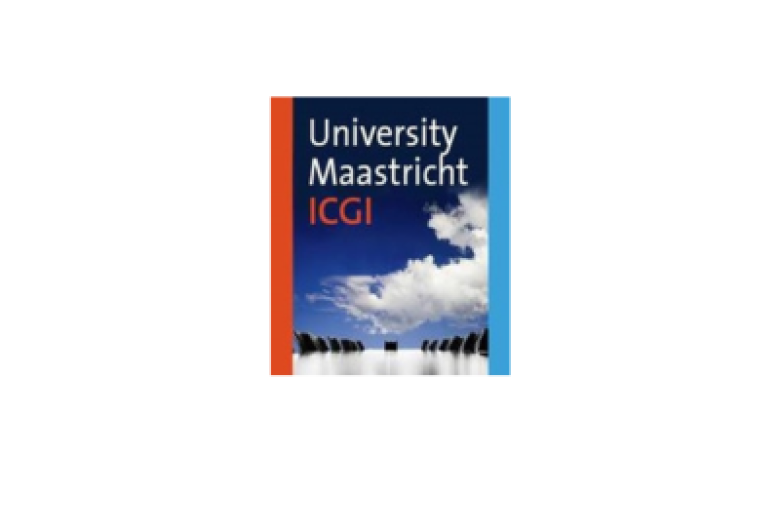If all are good, which one to choose? Supply Chain Contracting to Create Win-Win Deals
A research blog post on Supply Chain Contracts by Özge Tüncel, an Assistant Professor at Marketing and Supply Chain Management Department.

The supply chains of today are complex and involve numerous counterparts. The success of such chains is highly dependent on every party working together towards the same goal, driven by aligned incentives. And while this sounds very intuitive and straightforward, it is much more easily said than done. In reality, unfortunately, such participants do not always know or acknowledge the interests of each other. Just take the case of Cisco: they had to scrap $2.5 billion of materials due to misaligned incentives with their suppliers, who, while caring about their revenues, did not consider the actual needs of Cisco.

More often than not, such situations result from wrong assumptions rather than bad intentions. So, is there a way to prevent or minimize them? A well-designed contract could be one of the solutions. The questions here are: which one suits your company best, and how to maximize benefits for the whole supply chain while distributing them fairly among all the different parties?
In our paper "Why are Minimum Order Contracts Popular in Practice? A Behavioral Investigation" published in “Manufacturing & Service Operations Management,” - we explore different types of contracts and their effectiveness in supply chains:
- A "buyback contract" is where a supplier agrees to buy back any unsold products from the retailer at a set price. The contract ensures the retailer orders enough products. For example, the publishing industry uses this type a lot.
- A "revenue-sharing contract" is where the retailer pays the supplier a wholesale price for each product and shares some revenue from each product sold. Such contracts used to be popular in the video rental industry.
- A "minimum order quantity contract" is where the supplier sets a minimum amount the retailer has to buy. This type of contract is widely used in B2B e-commerce.
While all three types of contracts have the potential to create win-win deals, the "minimum order quantity contract" is much more common than the other two types.
Let's take a closer look at why it is the case:
We found that the “minimum order quantity contract” structure does a better job of ensuring everyone's incentives are aligned. Thus, it makes maximizing the profit for the whole supply chain easier. Managers often offer “buyback contracts” and “revenue-sharing contracts” with prices that are too high or too low, which can cause incentive misalignments. The minimum order quantity contract significantly reduces misalignments caused by manager mistakes.

What is more: we also explored the benefits of using a decision support tool under these contracts. And while the tool we designed can help when creating “buyback” and “revenue-sharing contracts”, a “minimum order quantity contract” still results in better win-win deals.
If you're in the supply chain business, our paper can help you understand the advantages of “minimum order quantity contracts”, especially when advanced decision support tools are unavailable. This contract type is a popular and effective way to ensure that all parties in the supply chain are working towards the same goal.
Ozge Tuncel, Niyazi Taneri, Sameer Hasija (2022) Why Are Minimum Order Quantity Contracts Popular in Practice? A Behavioral Investigation. Manufacturing & Service Operations Management 24(4):2166-2182.
https://doi.org/10.1287/msom.2021.1061
Also read
-
Harm Askes: “Helping people excel, no need for showmanship.”
Harm Askes, the new vice-dean of FSE “Let’s continue building a faculty where talent shines: no ego, just impact, collaboration, and curiosity."

-
Roundtable on Reflection Period
ICGI and the Elverding Chair organise a roundtable on 10 November 2025.

-
From here …. to a sustainable Maastricht University in 2035
The road to sustainability is certainly not a one-way street and cannot be walked in just one day. Walking the road together takes time and requires dedication and cooperation. In the coming years, we will take steps to make our university more sustainable. The UM Sustainability Roadmap 2030 has...
